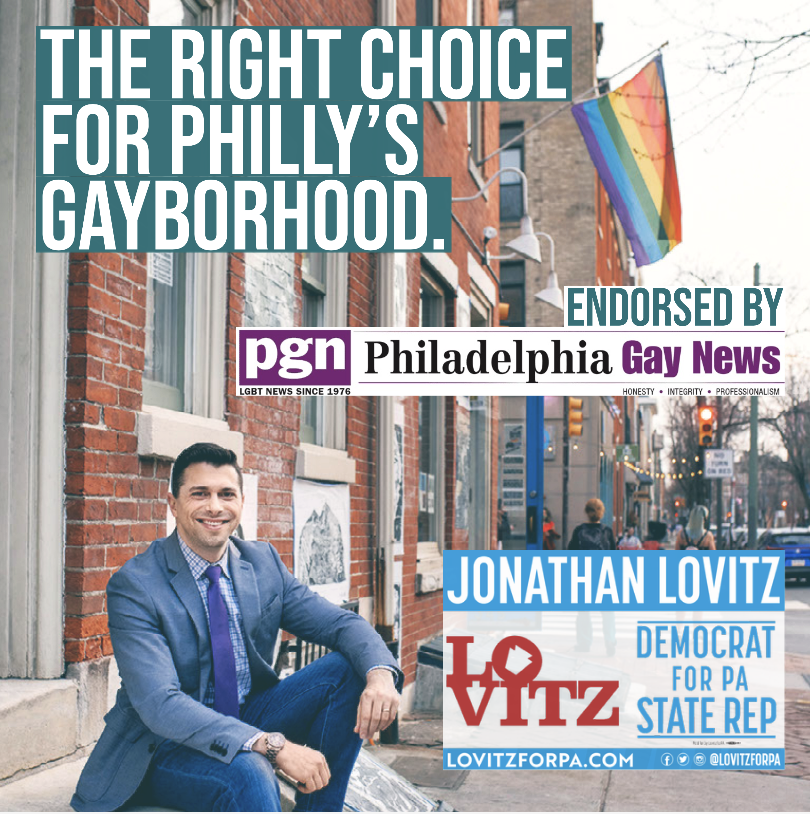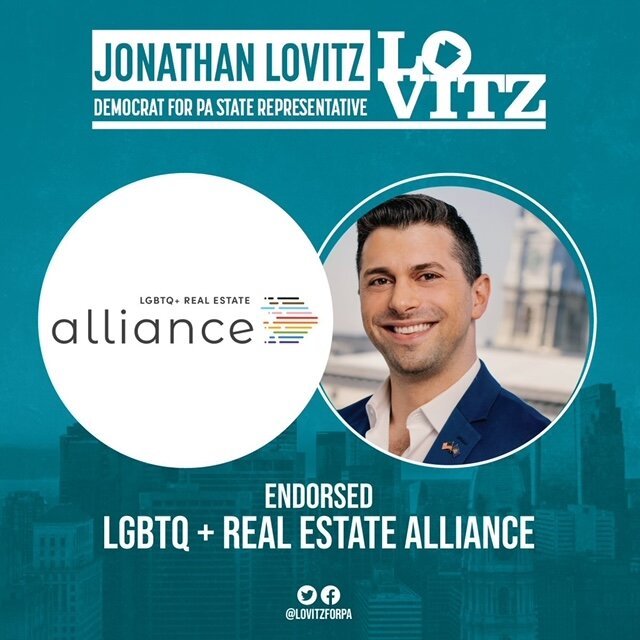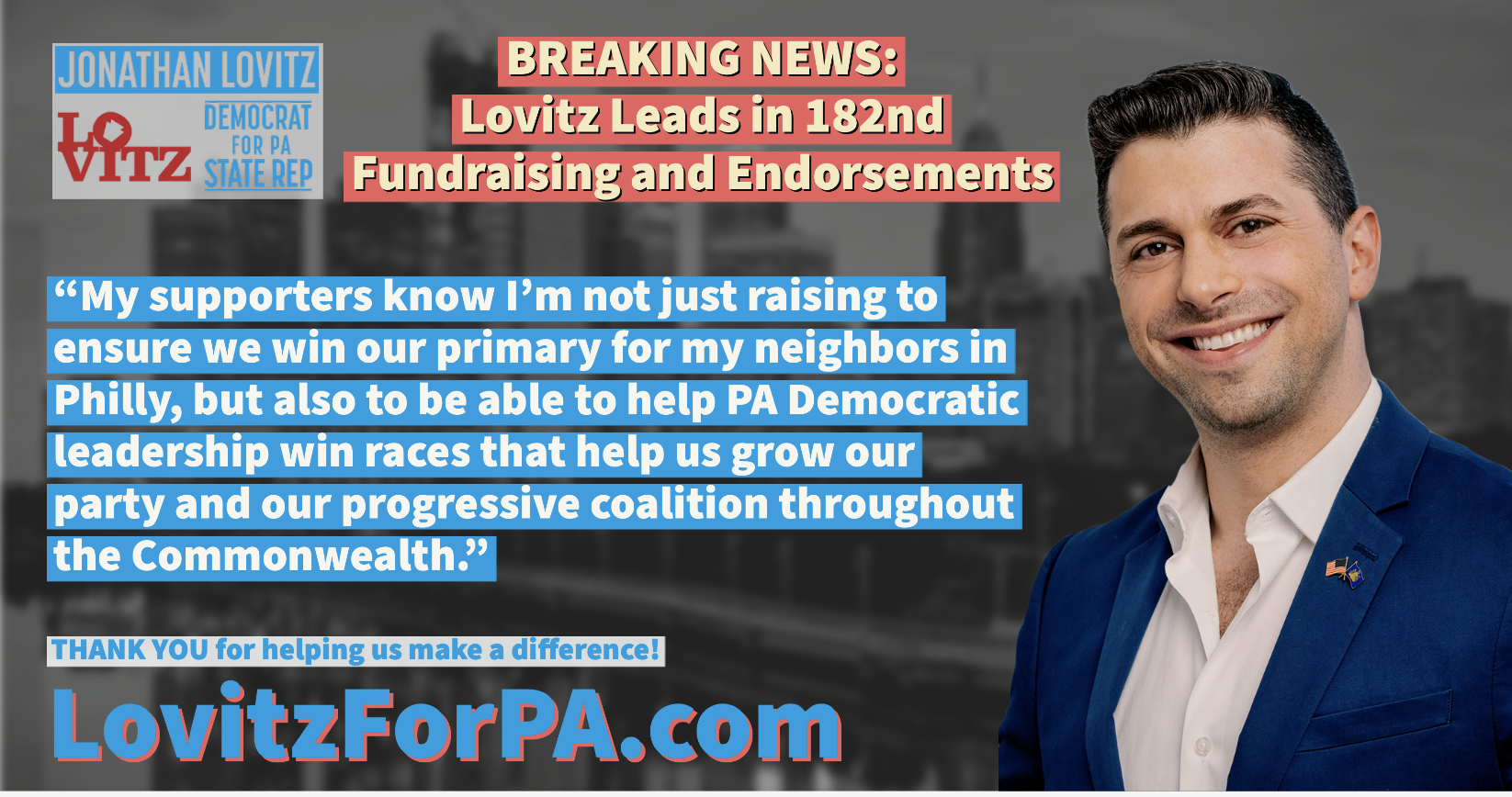Even in gay-friendly Philadelphia, those starting a business can feel isolated
Source: Philadelphia Business Journal
By Kenneth Hilario | November 14, 2014
Heather Moday spent most of her career in the traditional medical field. After graduating from Tulane University in Louisiana, she completed her residency in New York and eventually moved to Philadelphia, where she’s worked for 11 years.
She decided about 10 months ago, however, that traditional medicine was not fulfilling what she really wanted to do, which convinced her to start her own business, a clinic called The Moday Center.
But she was stuck at a standstill. She had little to no entrepreneurial skills.
“Physicians are not trained to be entrepreneurs [in medical school]. No one teaches you to be out of the box. That’s why it took a while [for me to start my own practice].” Moday said. “It was getting the self-confidence to do it because when you’re trained in traditional medicine, you’re trained to follow other people’s instructions. You’re not trained to be a business person.”
But, when she finally mustered up the confidence and convinced herself to get up and do something, she had to go about it alone in the beginning.
“I started reading books on marketing and sort of patterning myself after a lot of other people, trying to figure out what it is I have to do,” she said. “I just started reading about financial stuff, accounting, marketing, putting together my own practice and entrepreneurial books, and it just added fuel to the fire.”
But, like many lesbian, gay, bisexual and transgender (LGBT) entrepreneurs, Moday felt isolated until she was introduced to a woman who created her own network of LGBT entrepreneurs.
Moday joined The Mixer, a group created by Sam Wegman in which lesbian entrepreneurs — and gay-friendly folk — are able to network and promote their businesses.
Moday’s experience isn’t unusual. While Philadelphia is generally regarded as a very gay-friendly city, it has lagged a bit in support for LGBT entrepreneurs — but there are positive signs on the horizon. Wegman’s group is among them.
Need for community
Paul Steinke, general manager of the Reading Terminal Market, said that it’s best not to wait for more formal organizations to be created. For Steinke, LGBT entrepreneurs and businesses have to step up to the plate.
“It’s up to the community to stand up and make the case for that support. It’s not something we can assume or take for granted,” he said. “We can’t expect that to come from any other source. … It’s like an interest group, you need to make the case for why you need to be taken seriously, and why you’re a force to be reckoned with. You can’t assume somebody else will infer that on you automatically.”
And that’s just what Wegman did. She created The Mixer in 2002, which she reignited two years ago on a website called Meetup, a social networking website where individuals facilitate offline group meetings with various interests.
“I’m from Columbus, Ohio, and the LGBT community out there is actually pretty diverse and open. You have a lot of options and it’s pretty well-mixed,” Wegman said. “But when I moved to Philly in 2002 … I just didn’t feel like there was a forum set up for me from a networking standpoint. Meetup didn’t exist and Facebook wasn’t there. … I didn’t sense that there was a traditional environment, and I didn’t want it to be [in] a token gay bar.”
Through The Mixer, Moday was able to meet fellow LGBT entrepreneurs who are now assisting her with her clinic, including a graphic designer who designed the her logo and whose partner, an architect, drew up the plans for Moday’s office space.
The No. 1 issue facing the LGBT business community is getting exposure and awareness, said Wegman, a sales manager at Univar, an industrial distributor in Morrisville, and “making sure that people know there are forums out there and groups out there.”
“I lived in San Francisco and Columbus [and I got a] first-hand experience, especially in the professional world,” Wegman said. “In San Francisco, there are organizations left and right. It’s very community-driven and I don’t know if it’s just because San Francisco is so liberal … When I was living there, there was a group for everything, and it wasn’t difficult to find them.”
LGBT Chambers
Support for Philadelphia’s LGBT business community is still in its infancy when compared to the rest of the United States. For instance, LGBT-friendly cities like San Francisco have had their own chambers of commerce for decades. San Francisco created the Golden Gate Business Association in 1974 and the National Gay and Lesbian Chamber of Commerce was created in 2002.
Also, cities with LGBT chambers of commerce of their own like New York, Seattle and Denver are supplemented with national organizations such as StartOut, which aspires to strengthen the LGBT entrepreneurial community. StartOut is not active in Philadelphia, but it will be very soon.
StartOut is undergoing a massive overhaul of its digital presence for 2015 so that LGBT business owners in cities without physical hubs can access all of the nonprofit’s networks and programs, including access to its mentoring programs, workshops and access to capital events as well as online exclusives like event live streams, one-on-one mentoring sessions and access to message boards.
“We’re hearing from people saying, ‘We really want to get a chapter organized because, while we have a local gay commerce to promote businesses, we don’t have anything to foster new businesses,'” said Jonathan D. Lovitz, spokesman for StartOut.
The lagging support for LGBT entrepreneurs is because of the fact that the conversation is still new, Lovitz said, rather than people being unaware of what’s available to them.
“Some of the oldest [gay chambers of commerce] are only a decade old, so these conversations [were ones] people weren’t having five years ago,” he said. “There’s always been a gay business community, but they never had so many great vehicles — online or in person — and access to resources they needed to succeed.”
StartOut has expanded to eight cities in just five years, and it’s eying more for expansion. Among the cities in the conversation are Philadelphia; Miami; Orlando, Fla.; Charlotte, N.C.; Milwaukee and Detroit.
In this region, the Independence Business Alliance acts as the LGBT chamber of commerce. It was created in 2006, years later than many around the country, to satisfy the unmet opportunity in the LGBT business community.
But despite a relatively late start, the IBA has become a major force and a national model.
In fact, the NGLCC awarded the IBA as its Chamber of the Year in July for “developing innovative ways to engage with their community.”
“They’re rock stars right now. … They’re absolutely doing great work. All of our affiliates really do great work, and we’ve definitely seen tremendous growth,” said Philip Giorgianni, senior manager of supplier diversity at NGLCC. “But currently, they’re one of our rock star chambers.”
Giorganni cited the IBA’s local events and programming to help LGBT businesses in Philadelphia’s geographic footprint connect with each other and local corporations such as Comcast.
Because of the IBA, which hosts two monthly networking events for business owners and LGBT allies, local entrepreneurs are saying the LGBT business community may actually have a an advantage.
“I don’t see anything holding me back. I actually had a few opportunities because I was a gay business owner,” said Tom Longo, owner of Metro Men’s Clothing on East Passyunk Avenue, who won the IBA’s annual LGBT Business Award that included a $5,000 prize. “There’s a lot of grant opportunities out there, but it’s hard work and it’s not easy.”


